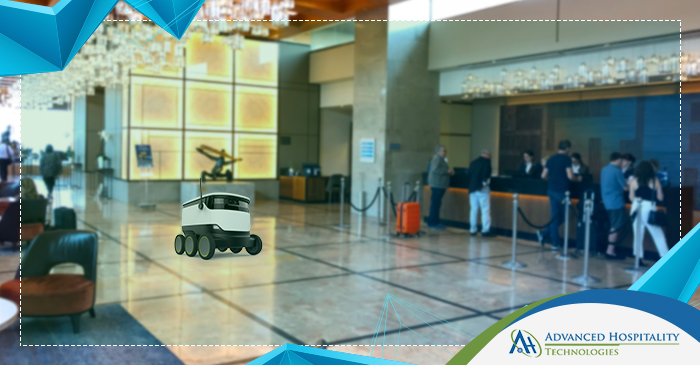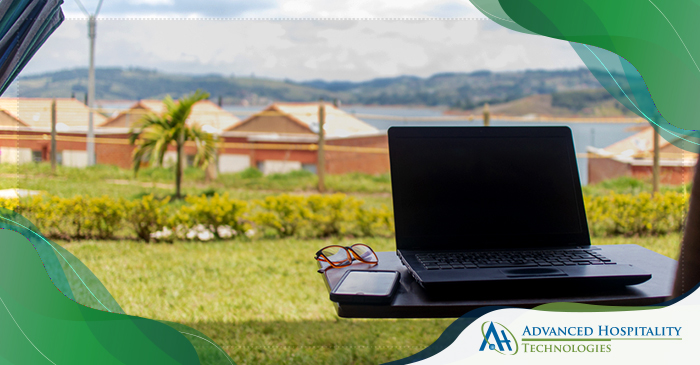The US hotel industry has been one of the hardest-hit by the COVID19 pandemic, but I recall, haven’t we been here before? In 2003, the SARS virus caused a 50% decline in the hospitality business, leading to economic losses exceeding $50 billion. However, the recovery from the SARS event was so phenomenal it led to a decade of prosperity, especially for the US hotel business.
Like the SARS event, the COVID19 pandemic will eventually pass. With great efforts from the medical community to discover a vaccine, we are seeing great progress in human trials too. In the meantime, hoteliers should be busy planning their post-COVID19 operations.
“As the impact of COVID-19 lessens and demand increases, it is crucial that hotels act in a proactive manner by effectively managing room rates and marketing offers to maximize revenues.”
Ralph Hollister – Travel & Tourism Analyst Global Data
Hoteliers will have to rethink their entire offering once again, from sterilized properties to fewer human interactions there will be a completely new way for hotels to deliver services. Hotels may even have to take a hit on revenue to rebuild trust with their customers.
“Some hotels may offer initial discounts to lure the first wave of travelers, but that’s likely not financially sustainable after such devastating losses over the period that the travel restrictions will last…”
Susie Chau – Carpe Diem Traveler
Technology
Hotel owners will have to make the difficult choice to replace staff with technology to ensure social distancing. Until the infection is eradicated completely, robots and other technologies will be essential for hotels to keep their guest experience seamless.
The Westin Houston Medical Center deployed a UV sterilization robot to disinfect their entire property. Similarly, the Sheraton Los Angeles San Gabriel introduced a lineup of robots at the concierge desk, for luggage delivery, and room service. Take a complete tour of the epic Sheraton San Gabriel technology experience with Rich Demuro:
Remote Work Access
Due to the contagious nature of the pandemic, hotels will have to invest in remote connectivity and access services for staff. Since isolation will be a major part of containing the infection, back-office staff must be encouraged to work from home.
Remote access has been a successful system many organizations use today to assist traveling workers. While there has been a mass migration to remote work, there remains great concerns over the security of remote workers, the FBI & DoJ published in an alert.
Rethink the Guest Experience
Hotel owners will have to completely rethink their brand experience to address the changing circumstances of travelers. Hoteliers will have to develop completely new SOPs to address the post-COVID19 traveler.
From personal cutlery to contactless room service, hotels have a long road to revival. A lot will have to be planned in advance to assure there are no manpower shortages, issues with the inventory supply chain, and no compromises on the quality of experience.
Risk Assessment & Asset Management
Risk assessments and asset management will be prevailing concepts throughout the revival from COVID19. Hoteliers will need to clearly identify risks like vulnerable areas of properties, staff interactions with guests, and renovations to sterilize affected properties.
Reviving from the COVID19 pandemic will mean hotel groups evaluate their entire portfolios to identify assets that require renovations or completely new builds from scratch. Since these are complex and critical areas of business, hotel owners should consider assistance from a hotel management company.
Conclusion
I hope you enjoyed this edition of our blog.
For more updates, news, opinions, trends, and hospitality technology breakthroughs remember to connect with our social feeds. Until next time, see you again soon.
Advanced Hospitality Technologies is a leader in Hospitality Technologies. We have an award winning benchmark for providing affordable, reliable and most advanced hospitality Technology Solutions.




